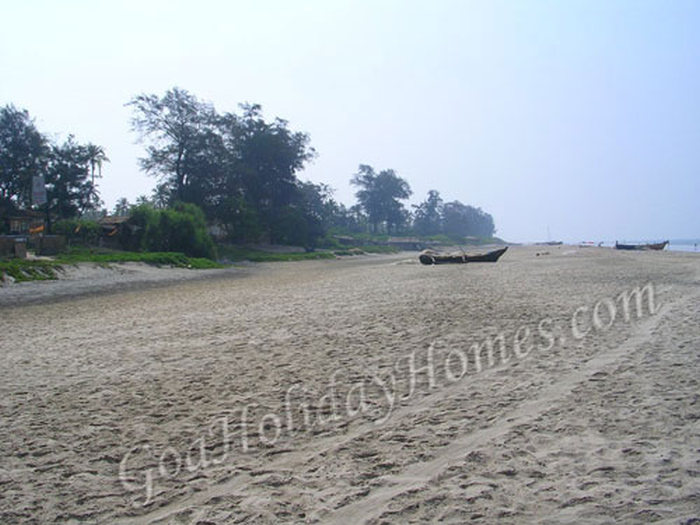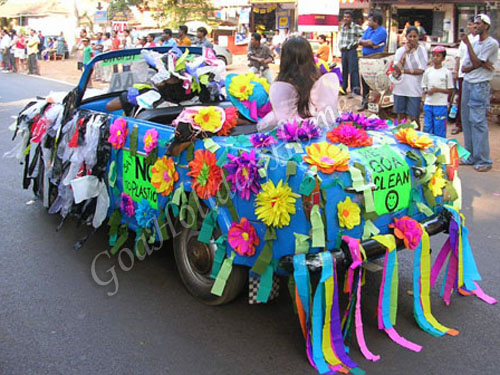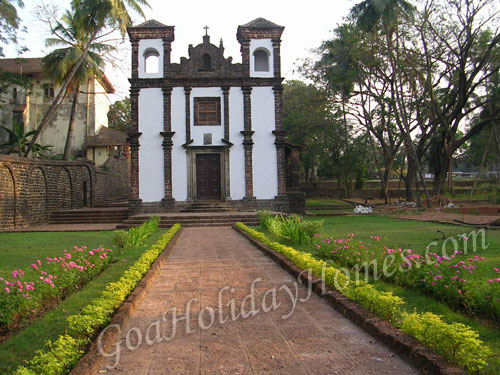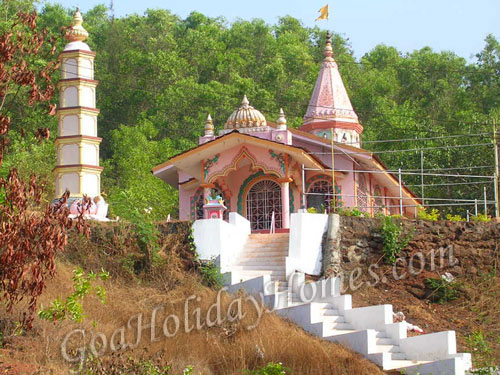Golden Goa
Goa Dourado, (Golden Goa, Roma do Oriente, (Rome of the East) so has Goa been described over the last 500 years by conquerors, travelers, poets and evangelists. The Gods of the Hindu Pantheon and the Ancient Sages had known Goa for three millennia before the dawn of the Christian era as the heart of Aparanta, a mythical province. Aparanta was what the name says in Sanskrit, a place 'beyond the end' exotic and beautiful, where time stands still.
India is a many-splendored land but few of its corners are more favoured than Goa. With a 105 km coastline embracing many of the finest beaches India can offer. Unforgettable Goa, a blend of serenity and excitement down a 100 kilometer long coastline, studded with some of the world's most beautiful beaches. Goa beaches are its crowning glory.
Although Goa is prevailing as a legacy of the Portuguese colonial era, in fact, its history dates back to as early as in the antiquity, during which facts were mingled with mythology. However, the evident history of Goa is that it was part of the Mauryan Empire (the 3rd century B.C).
For the next 700 years, Goa was ruled by the succession of Hindu dynasties such as the Shillaharas, the Kadambas, and the Chalukyans. Until 1312, Goa was controlled by the Muslims, and it began to rise as an important landing place for ships carrying horses to Hampi.
By the late 15th century, upon the discovery of a new route to India by the band of Portuguese adventurers, including Vasco de Gama, Goa became the ideal base for the seafaring Portuguese who determined to overcome the manipulation of the spice route from the East. In the meantime, the Portuguese also took the occasion to spread Christianity, accordingly resulting in the expansion, and consolidation of Portuguese cultures, languages, and other legacies of values of the Christian world into Goa. Owing to the wealth gained from the spice trade, during the Portuguese domination, Goa came into its golden age. It became the largest city in the East, boasting of no less than 300 churches within town, and having a population of over 40,000 people. To,day the Goan people still retain a distinctive Southern European flavor, yet, combine their native culture, making Goa one of the multi-cultural showcases in India.




